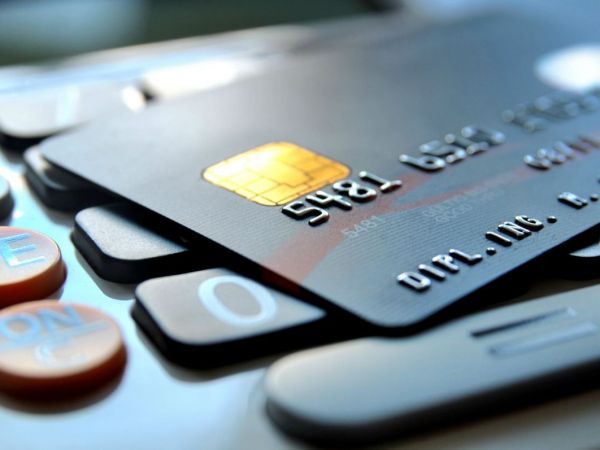
What is a VPN? Have you ever heard about this in your every day life?
To explain what a VPN really is we must clarify some concept about the philosophy about this type of service.
A tiny definition
VPN is the acronym of Virtual Private Network which means literally that by using it you’ll be able to access a large scale of content secured data or more simply to transfer by downloading/uploading encrypted data to a server.
Majority of times the server is connected to the web, and its task is to mask your data to the eyes of your ISP by using advanced strategies that we’ll explain in this article.
In the image above, you see that the most tricky part of securing a connection is to encipher your data in order to block potential attacks against your privacy and your identity.
The main point is… with every single interaction with the web we make request by publishing data (maybe sensitive too), and these information, pass through many server before reaching the target (which is the website or the page we want to visit).
You can gain many benefits by using a VPN, because, this sort of hack allows you to change your IP Geolocation by replacing it with the one from the VPN server.
But how does a Virtual Private Network do to shield your identity?
When someone explain something about a VPN, you hear about a huge system with a precise pattern under it.
The tunneling process is the concept at the base of its functioning.
When you access to it, you request to create a secured invisible tunnel that works with an advanced encryption to directly vehicle what you asked to the desired page.

The tunnel built by the VPN is usually considered a really secure place since it’s encrypted and every external attempt to access to it is completely useless.
Sounds cool huh? It’s interesting to see how these types of services are built.
This article has been written in order to clarify what is a VPN, but in the real world it’s much more complex to explain.

When you buy a VPN, you should do some research to know what you’re getting and how it’s going to help you.
Every service is different, the type of encryption might be different and also connection speed may vary depending on the performance of the servers located around the globe.
Over the year VPNs have been developed with the latest technologies and many different protocols in order to grant protection and secure you and your data.
Free alternatives that put yourself at risk
When you try to reach a website that’s not available in your country, you might think to use a VPN service which creates a sort of “fake location” that tricks the target you are visiting.
Take for example my current connection. I always use a VPN to simulate a different position (I’m in Italy). That’s allows me to retrieve much more information from different places around the globe. And it works flawlessly!
Ok but, a long time ago I was searching for my first VPN service and I discovered that there are tons of free VPN providers and I decided to use one of them, just to try.
The truth is that these services aren’t secure at all, rather they expose you to the world and the risk is much higher than using a real Virtual Private Network!
Imagine that you are browsing with your browser on your favorite website and you do an online paying to buy something but your data get stolen.
I dare not even imagine the dangers…
Our advice is: Get a Premium VPN service or do not use at all a VPN
What should you check when you buy a VPN
Remember, the service must fit your requests and not the contrary.
- Claim for a strong Encryption method
Encryption is the basis of what a good VPN must be able to ensure. Most of the services out there are able to provide multiple encryption methods like OpenVPN encryption, L2TP-IPsec, PPTP and more…
To get a deeper look at what various type of encryption are able to do please take a shot of this useful article.
- Check for bandwidth, speed and simultaneous connection limits
To get satisfied of your choice you need to control for eventual limitations. The connection limit is most of time what may influence you, because every VPN has a simultaneous connection limit, in this case the choice is up to you.
- The Zero logging activity tracking
Zero logging means that everything you do with your VPN is not stored by your registrar.
Yeah, you use a server to enable the tunneling so theoretically what reaches your server can be stored by the service provider. You don’t wont that right? The Zero logging certification help you to protect your privacy.
- Read reviews and Google for opinions
Every website which tries to sell you a service will say that they have the best VPN on earth. But is it real?
The tip in this case is to check online what users think about the service.
Downside of a Virtual Private Network connection
- Expect a slower internet navigation: even if you have a gigabit connection, your data transfer rate is affected. I have a 100Mbit/s Wi-Fi connection but with my VPN I’m able to reach 15Mb/s Download and Upload Speed. The Ping timing depends on the location you are trying to connect to. More distant is the server, higher is the Ping.
- Expect some websites to block you: I’m used to watching online film on Netflix and unfortunately sometimes I get a Proxy Error (Netflix seems to know I’m using a VPN). To solve this and not get stuck you can only switch to a location that has a non-blocked IP address, and then, you’ll access without any problem.
Have you found the right service? If no, you can start by checking if ExpressVPN (the one I’m currently using) matches your requirements.
I don’t want to advertise but there are great services online. Hope you’ll find the right one for you.


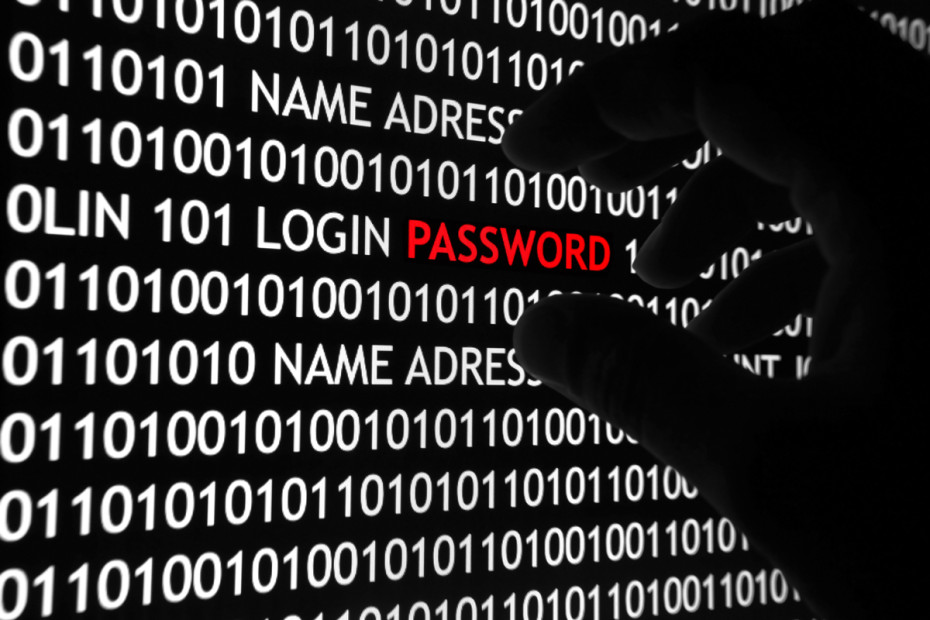
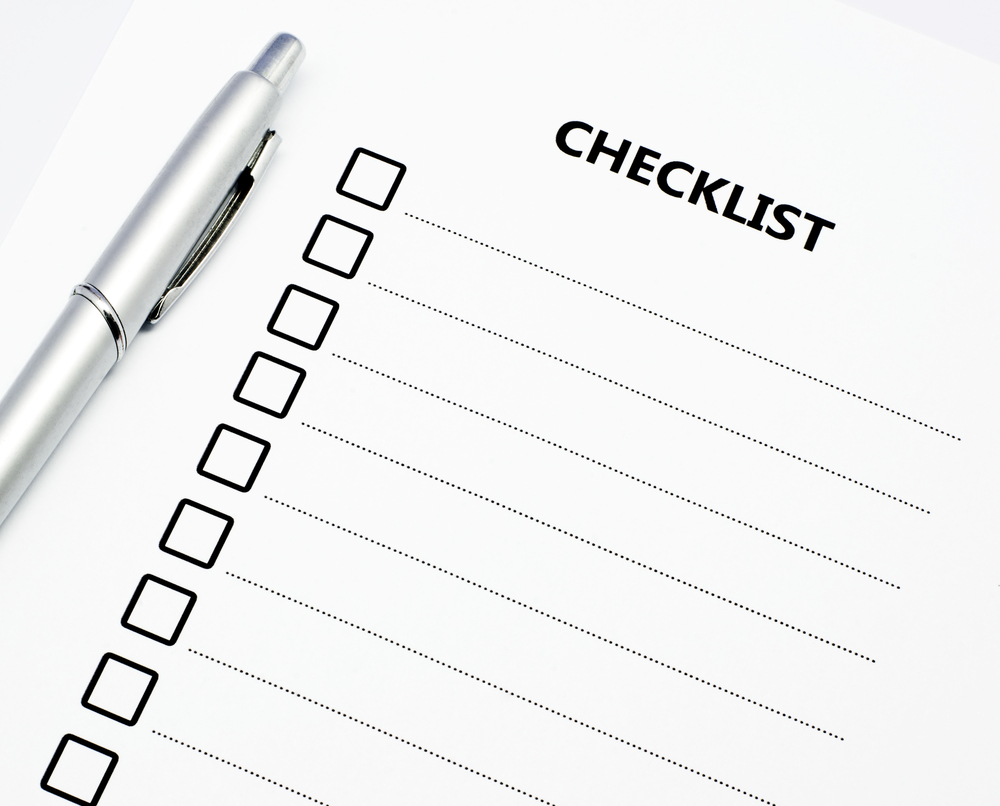
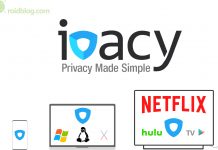

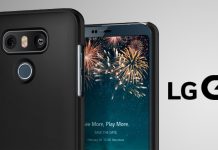

Great guide Leonelli thanks to share. VPN is become must-have thing in todays internet world you need it in many areas encryption to unblocking, streaming to downloading.
Hi Ethan! Thank you for your comment, I really appreciate it! We hope to write more guides like this. Have a nice day, Fabrizio
[…] you don’t know what a VPN is, no problem… just read this article. it will give you an idea of what we are talking about and why is it really important to stay […]
You explained it in such an easy way. I am impressed! I also have the same opinion about free VPN servers – I do not trust them. I never tried Expressvpn that you mentioned, but the first VPN that I tried was Nordvpn, and I am still using this provider for almost 3 years now, and it hasn’t disappointed me yet. Thanks for the article again, great job!
Hi Joker, I’m happy to know that you enjoyed it and found it useful. Have a nice day!
[…] few months ago, I introduced to you with this article the concept of VPN. A VPN or Virtual Private Network has the ability to proxy all your requests […]